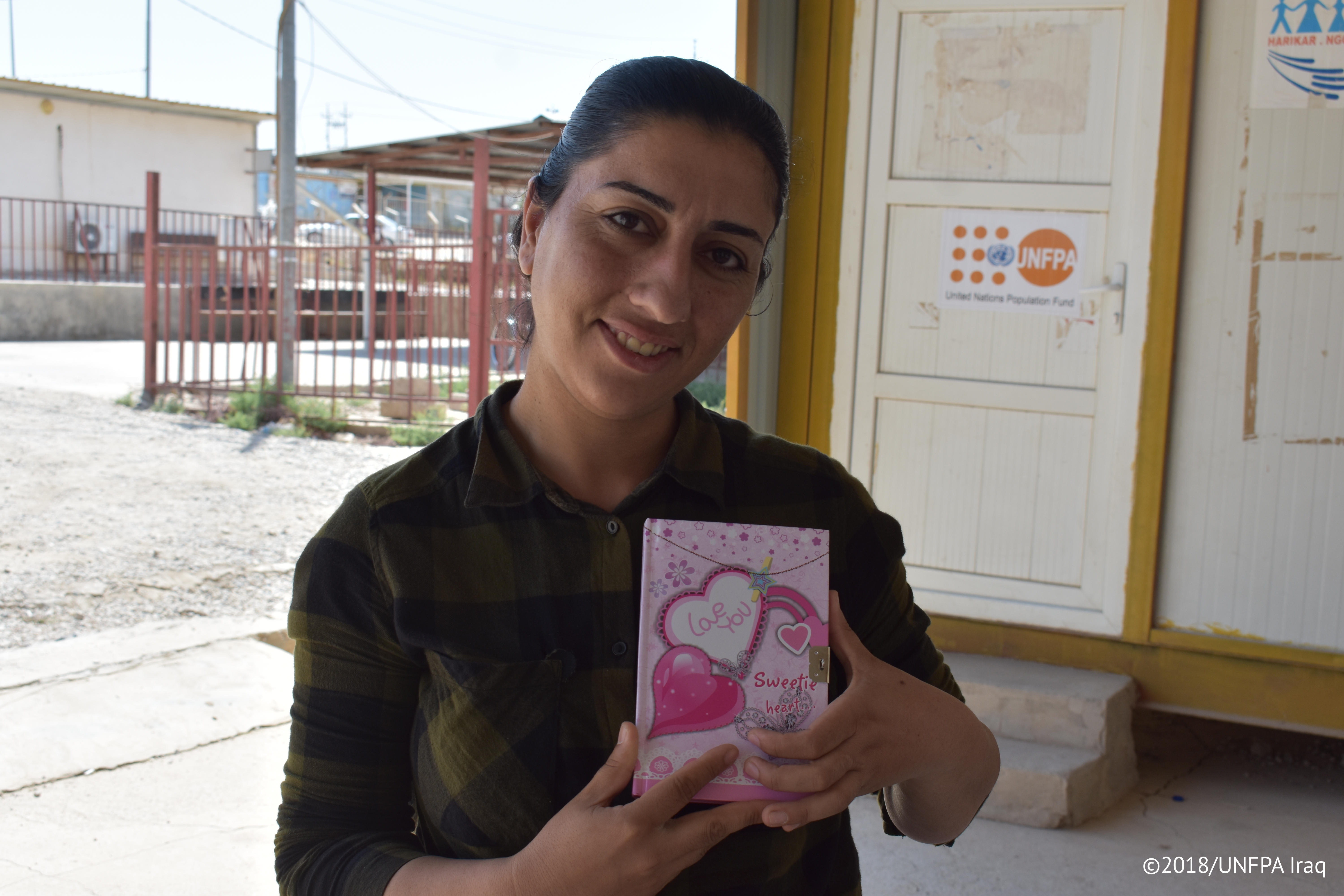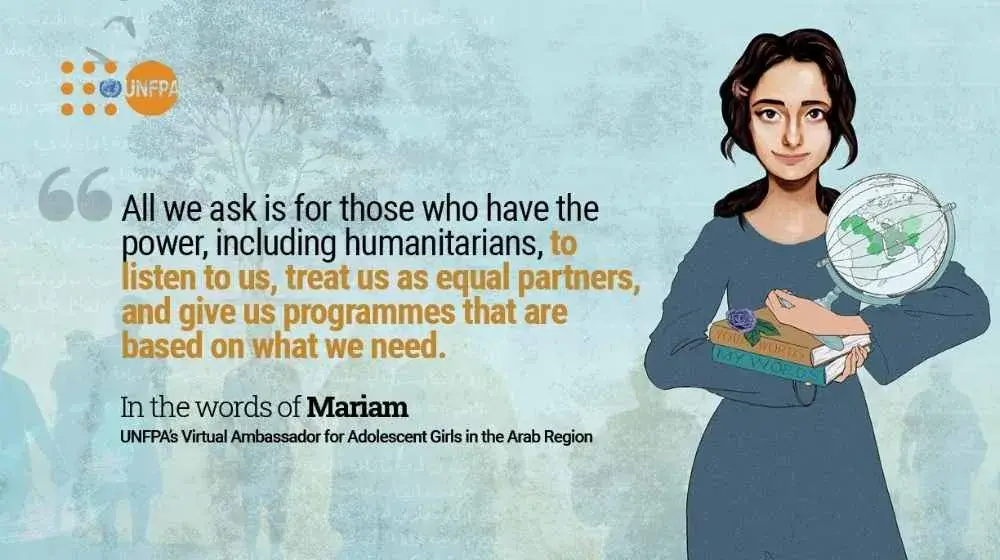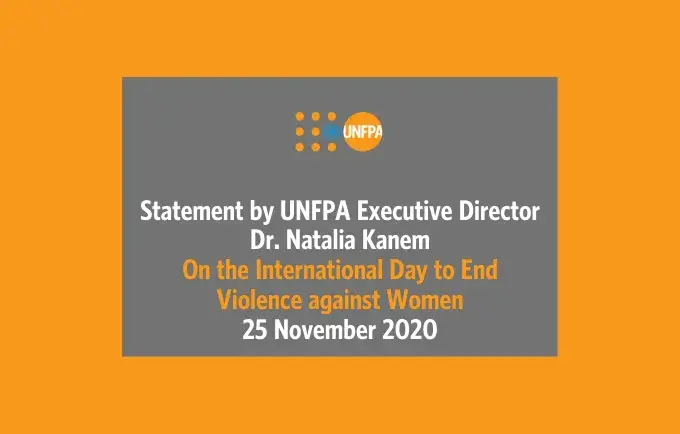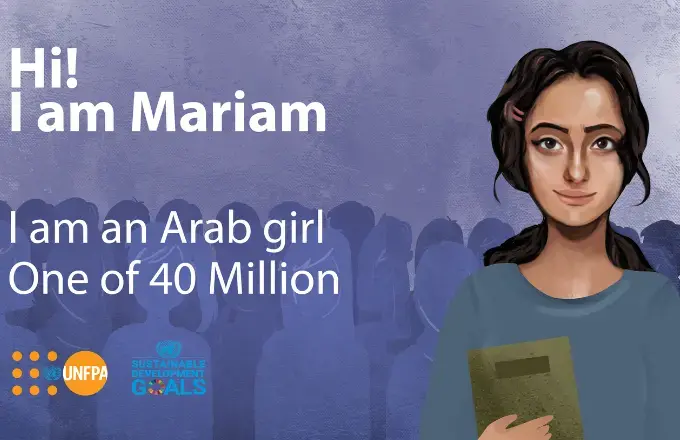Sana’ was like any other teenager in Syria; she was a guitar aficionada and an A-student with a love for writing poems. Her favourite getaways were the weekends when her father took her and her siblings to the waterfall and park to play.
Eight years ago, she was involved in a hit-and-run accident which left her suffering from memory loss, as well as emotional and physical injuries.
“I was only 13; I was heading to the market with my friend in Zabadani, Syria when a car hit me. I sustained injuries and suffered from a complete loss of memory for two months; I was very disoriented and lost all sense of being”, she said.
The most terrifying part for her was her inability to remember her parents, her siblings, and her friends. She recalls feeling so alone and scared: “I didn’t know what was happening to me or whom to trust. I suddenly found myself among these kind strangers,” she explained.
The then-teenager suffered from Post-Traumatic Stress Disorder (PTSD) and had vivid flashbacks of the incident, nightmares, and intense distress.
Her journey towards full recovery was hindered by the break-out of the war in Syria in 2011 and the intensification of the conflict afterwards. When the Battle of Zabadani began in January 2012, the family of four feared for their lives as clashes escalated. One month later, they fled to find refuge in Domiz 1 camp for refugees in Duhok, Kurdistan Region of Iraq.
Domiz 1 camp is home to close to 5,000 Syrian refugees who fled the war seeking a haven where UNFPA supports a reproductive health unit within the Domiz hospital, a youth centre and a women’s social centre. These centres provide young people and women counselling, psychosocial support, awareness sessions, recreational activities, and life-skills courses.
The move from Zabadani to Kurdistan led to Sana’ losing the sense of stability she had started regaining after her accident and had to, yet again, start anew. The displacement and the long journey further delayed her progress.
When Sana’ first arrived at the camp, she felt so lonely and frightened despite her parents’ continuous efforts to get her out of the tent they lived in.
“My parents were very supportive, they kept pushing me to make friends with the neighbours and meet new people but I was afraid,” said now 17-year-old Sana’. “I made a friend, though: Meena”.
Meena had been attending the literacy courses offered at the UNFPA-supported women centre and encouraged Sana’ to join, explaining the services provided there such as psychosocial support to women and girls.
“I was thrilled to hear about the existence of such a centre. I had been looking for the opportunity to have professional advice and someone to guide me through my recovery,” she added.
“I have been attending the centre for three years now; I have so far attended literacy classes, sports, sewing, drawing, and the adolescent courses in an attempt to remember some basic life skills. The social workers have registered me for as many classes as possible, to help me regain my memory and catch-up on what I could have forgotten.”
Sana’ has also befriended one of the Centre’s volunteers, who sits with her twice a week to help her practice her writing and pronunciation.
All the care and support Sana’ received from her family and from the social workers at the Women Centre pushed her to dream big. “My plan is to start playing the guitar again. I reached out to the House of Artists, the UNFPA-supported initiative in Domiz 1 camp to help young refugees develop their talents in the camp, and I will start attending the guitar teaching lessons very soon”.
******
UNFPA, the United Nations Population Fund, delivers a world where every pregnancy is wanted, every childbirth is safe and every young person’s potential is fulfilled.
For more information or media inquiries please contact: Salwa Moussa, Communications Specialist, smoussa@unfpa.org





